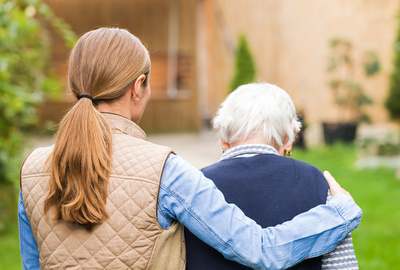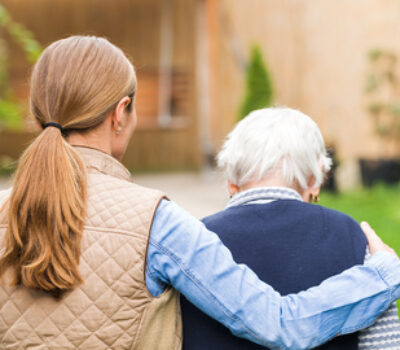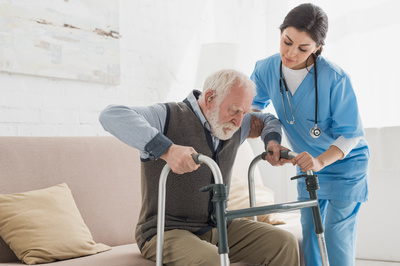
A Troubling Problem Pre-Pandemic
There was substantial concern about LGBT+ older adults before the pandemic. Currently estimated at about 2.4 million to 3 million people, it is a population that has dealt with such severe medical discrimination that one-fifth will refuse to accept any medical care, and half of elderly transgender adults have had to teach their medical providers about their care.
Similarly, there were concerns about elder care that properly catered to their emotional needs or that even understood LGBT+ culture in the first place. One-third fear having to hide their identities in order to find appropriate senior housing.
Others have complications from HIV and AIDS that need to be addressed, although it should be noted that people over 50 are the fastest growing segment of those living with HIV and AIDS, regardless of sexuality or gender identity.
All of this is compounded by the problems generally faced by marginalized populations over their lifetimes, with fewer employment opportunities, a higher likelihood of being discriminated against for public services, and a higher chance of living alone without a partner and being disowned or otherwise cut off from family.
 The Pandemic And LGBT+ Elderly
The Pandemic And LGBT+ Elderly
As we’ve seen in individual anecdotes, loneliness is a secondary epidemic resulting from COVID-19. Some older LGBT+ adults have lost their partners or caretakers. Others have found an already isolating existence has become even more so.
Loneliness is dangerous to human health. According to a Consensus Study Report of the National Academies of Sciences, Engineering, and Medicine, loneliness:
- Significantly increases risk of premature death from all causes.
- Raises the risk of dementia by approximately 50%.
- Increases the risk of heart disease by 29% and stroke by 32%.
- Makes recovery from common dangerous ailments like heart failure more difficult. This has been a particular problem in senior housing, where health concerns are already high.
A lack of financial support also means that older LGBT+ adults may continue to work in risky industries, such as food service, as they have no other options. And, compounding all of this, the pandemic has made staying in recovery more difficult, even as substance use disorders have risen rapidly among all adults over 50.
Part of solving this problem will be to document and record it. The organizations working with LGBT+ elders have observed no notable efforts to survey or otherwise track what’s happening in this population, despite the fact that their number is only likely to expand over time.
Still, the main way to prevent loneliness is to create an environment that dissolves it. While some LGBT+ senior housing exists, it’s not enough. It’s just as important that supportive services built around the needs of this population be created so they can get the mental health care they need.
How Harris House Can Help
At Harris House, we understand the special needs of the LGBT+ population as well as the need to treat the whole person when an individual comes to us for substance abuse treatment. If you or a loved-one are living with a substance use disorder, regardless of age or gender identity, let us help. Call to learn about admissions.


 The Pandemic And LGBT+ Elderly
The Pandemic And LGBT+ Elderly





